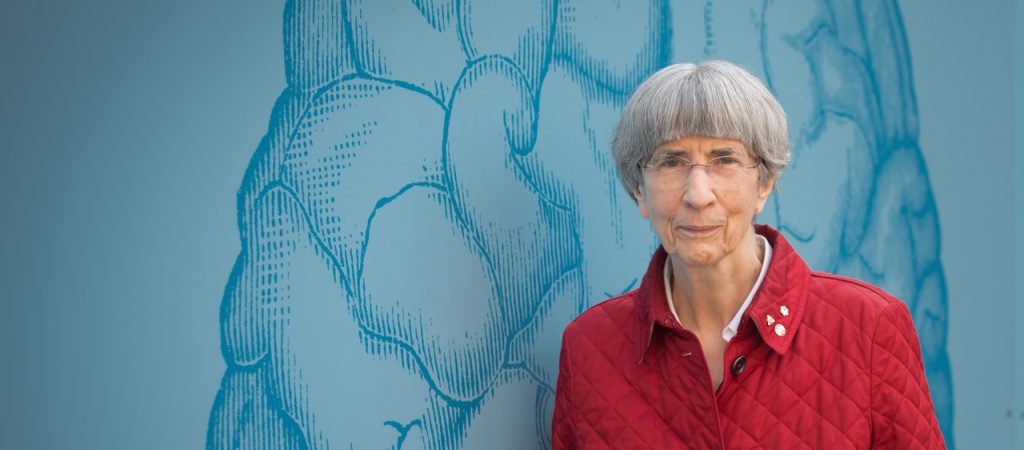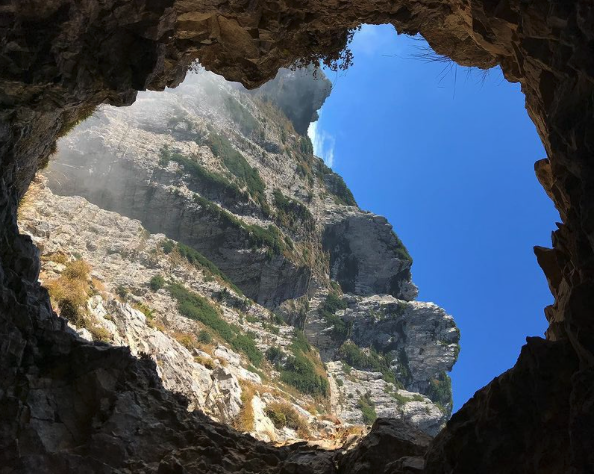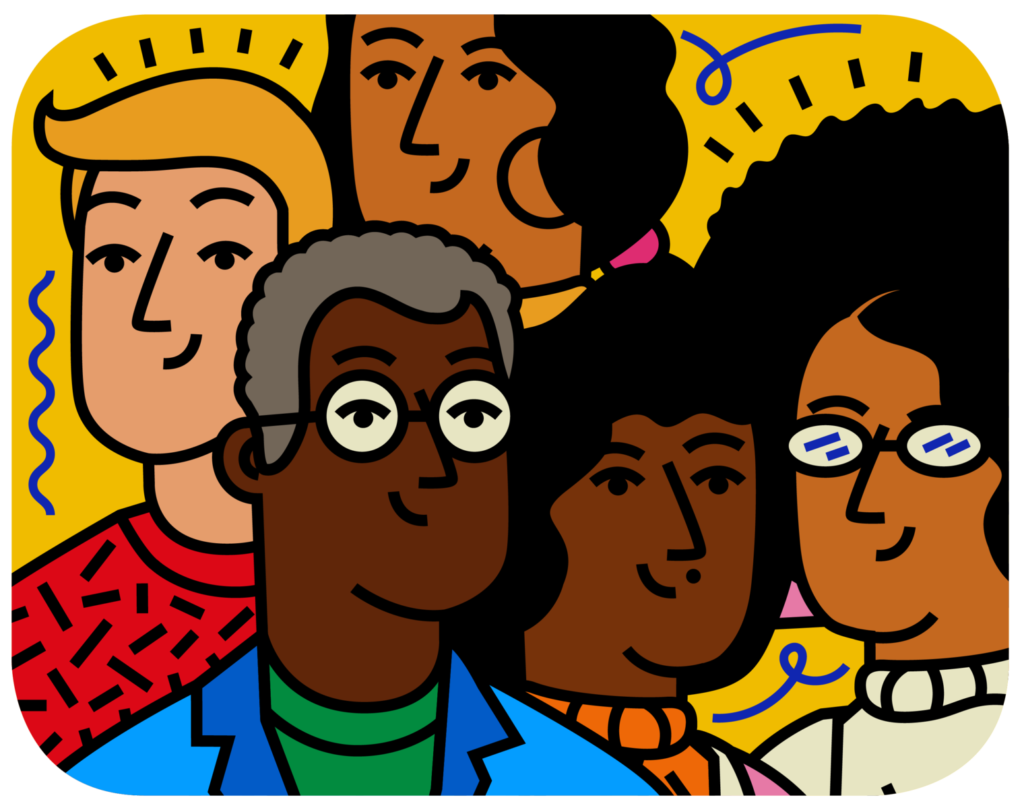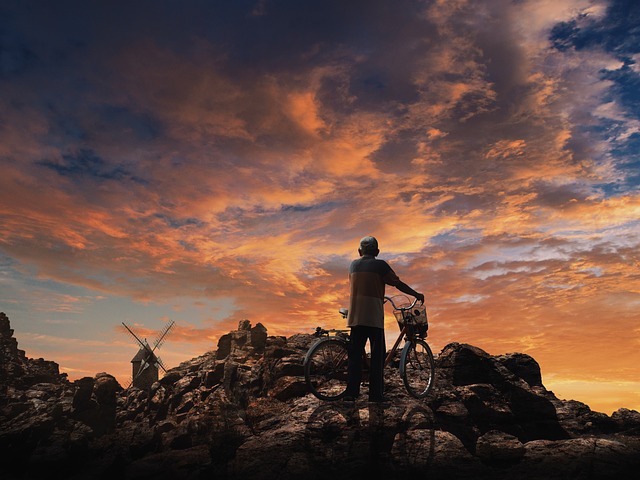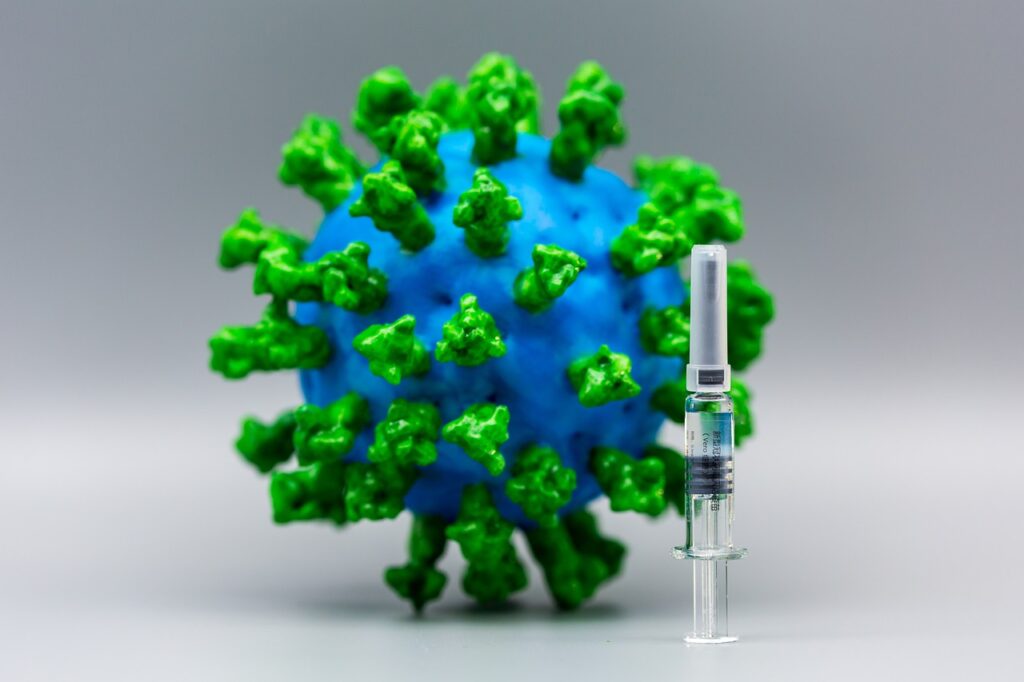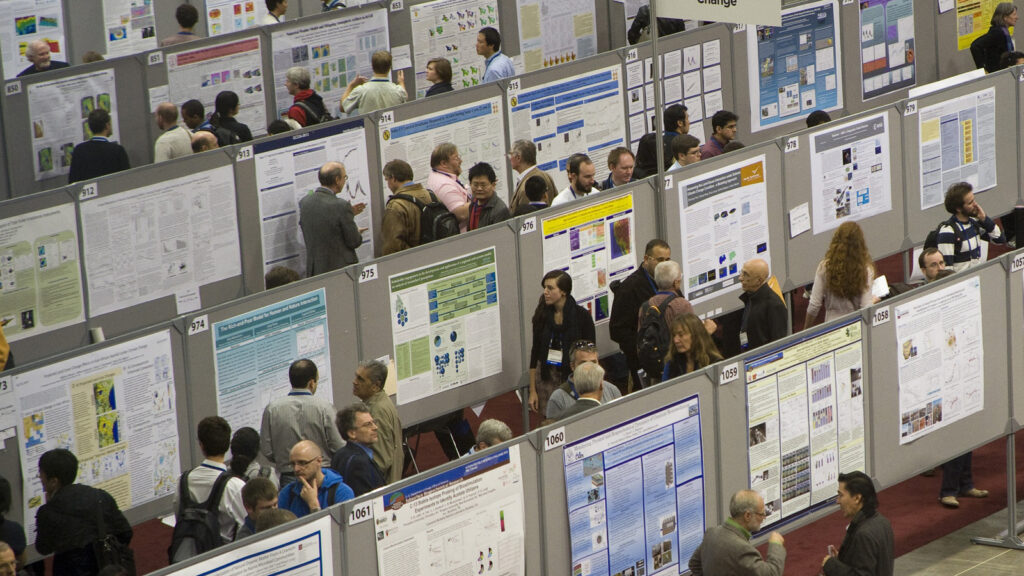Une carrière remarquable qui s'étend sur plusieurs décennies : Une conversation avec la Dre Sandra Black, conférencière William-Feindel 2023
Dans le quatrième épisode du podcast du RBIQ (en anglais), j'ai eu l'occasion de parler avec notre conférencière William-Feindel 2023, la Dre Sandra Black. Dans ce podcast, nous avons exploré la carrière de plusieurs décennies de Dre Black, sa vision sur la recherche et sur les soins que l’on offre aux patients. À travers la discussion nous avons aussi parlé du passé et du présent des femmes en recherche et des changements en rechercher due à la pandémie. Nous avons fini en parlant de la passion de Docteur Black pour le piano et le jazz et aussi avec des trucs et astuces pour avoir une meilleure santé cardiovasculaire.

